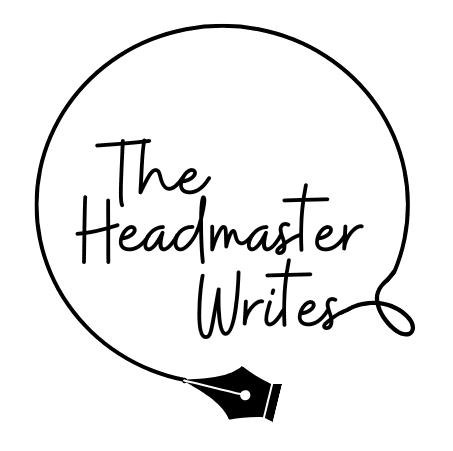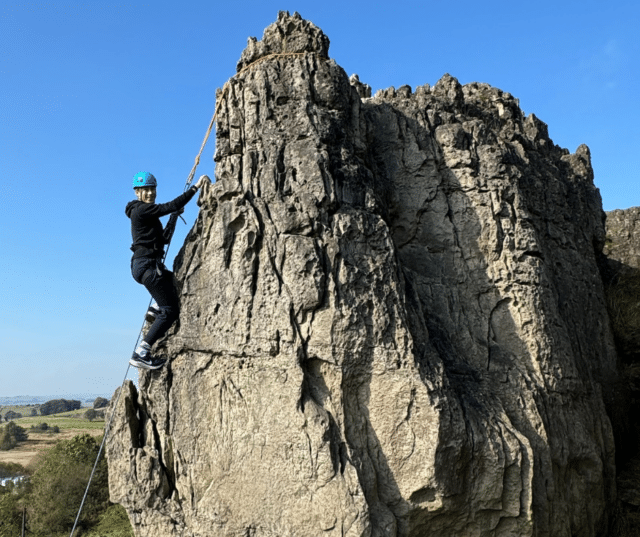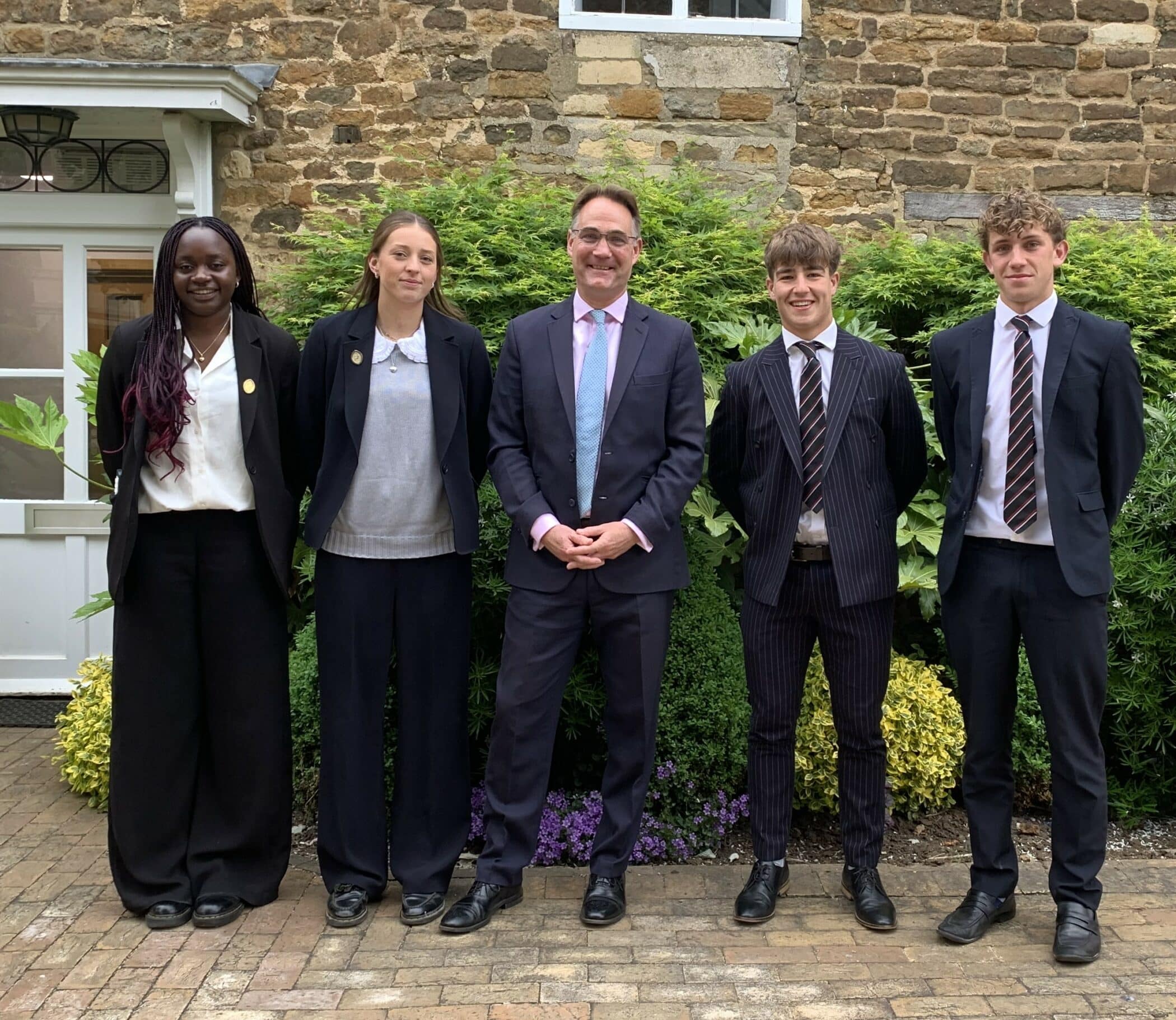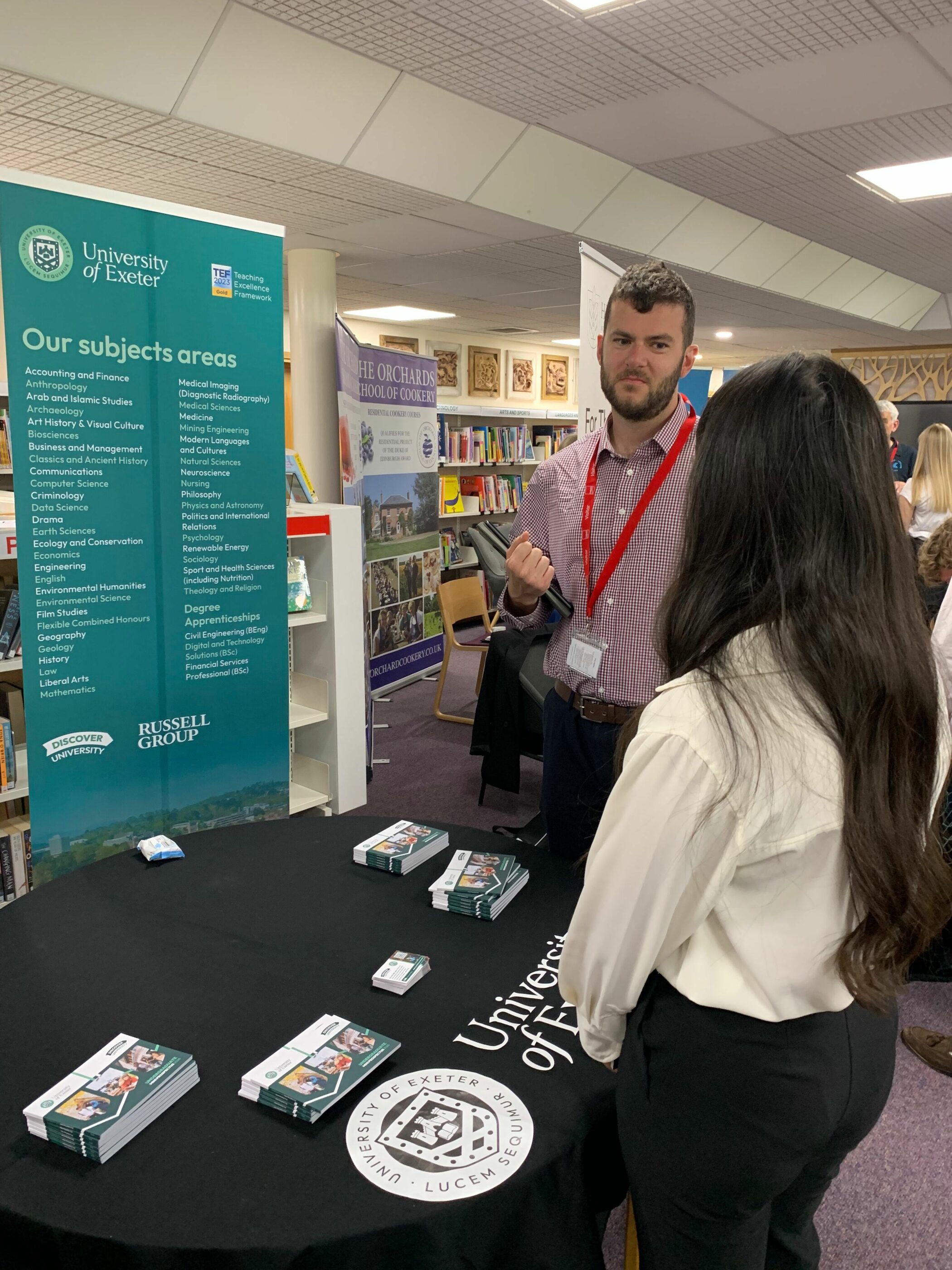
As the mock examination season begins to fade into the rear view mirror in most schools, now is the time to move through the gears to the summer examinations. In Year 11 and 13 across the land there will be pupils, teachers and parents with a mix of emotions and with a mix of outcomes following mocks, yet the path ahead is more similar than one might imagine.

If we allow children to look at the top of the mountain, they will become frozen at base camp, but if we set the staging posts, show them the route, encourage a friend to walk with them, they will start climbing.
The turning of the calendar year always injects some energy into the academic process, and the experience of sitting multiple papers is an important baptism for pupils. In truth, mocks are more intense than the real thing where papers are more spread out, but feeling the nerves, going into an examination hall, understanding the regulations, listening to invigilators will all help make the Summer more familiar and less daunting.
During the mocks, pupils have had to adapt to a different rhythm and routine. They have not only felt the pressure of the examination hall, but also the before and after conversations; asking, boasting or commiserating on how things have gone. Pupils have to learn how to engage with this and how to shut this out, to find their own way forward.
Many pupils will not have felt ‘ready’ for the mocks, and that is fair enough – the syllabus in some subjects is probably not quite complete; review, revision, retrieval and more will build in earnest in the weeks ahead.
However well the mocks have gone, there is a natural tendency to look back; where did it go wrong? A frustrated adult might be tempted to hark back to previous warnings and exhortations to work harder, but the key question in response is ‘what next?’ – with a good dose of honesty as a starting point. Learn from mistakes, look at the reasons, but do not make excuses. In most cases, there will be an acknowledgement of technical slips, missing or misreading a question; easily fixed and good to leave these mistakes on the training ground.
Often, there will be a reassuring realisation that success is achievable, but there are gaps to fill, topics to revise, and technique to hone. For some, however, the mocks will have been a bruising experience, and there will be a real danger of being demoralised, becoming frozen and burying their heads in the sand. These pupils may not have worked as hard as they should, but ‘what next’ should be applied to them more than ever – for adults, as well as pupils.
What next? – Get to every lesson on time.
What next? – Find the things that went well.
What next? – Set some small goals and build a sense of achievement and momentum. This is the ‘eat the elephant’ moment – we have to help our children chop the elephant into small pieces, not let them think it must be swallowed whole.
Above all, at each stage, they must turn, enjoy the view, and feel a sense of achievement before marking out the next leg of the journey.
Perhaps more pertinent is the noted mountain mentality. If we allow children to look at the top of the mountain, they will become frozen at base camp, but if we set the staging posts, show them the route, encourage a friend to walk with them, they will start climbing. Above all, at each stage, they must turn, enjoy the view, and feel a sense of achievement before marking out the next leg of the journey.

In Sam Leith’s recent book, The Haunted Book, he writes about the history of children’s writing and literature. What struck me was his idea that the best authors really try to remember what it feels like to be a child. As adults, parents and teachers, this is something we must do as our children face examinations. We may wish to cajole and sometimes feel the urge to criticise, but we must encourage now. We cannot let the narrative of examinations dominate everything, but paint the broader, richer picture of ongoing fun, whilst fostering a sense of purpose, direction and momentum.
Momentum, as we know, is key. The more you study, the more interesting it becomes, the easier it gets and the more you study… Getting started may be a challenge for some, and we must help with this. For most, however, there is joy in seeing the pieces slot into place – we must try to encourage pupils to enjoy the process and be sure that the results will come. Remember that much of what they study (not all sadly) is intrinsically interesting and interconnected. Above all, struggle is ok – the struggle is part of the deeper learning, the struggle to retrieve gets easier and the thoughts begin to flow.
In the weeks ahead, we need to build the academic focus and momentum, but keep the balance. The old Mars Bar slogan of work, rest and play matters, but balance is key – there must be fun along the way – remember Democritus – a life without festivity is like a road with no inns. We must make sure there are inns along the way – because these final weeks of Year 11 and Year 13 are memorable and precious – like the last days of the summer holiday, when we suddenly cram more in, the energy goes up, the camaraderie goes up, the sense of shared purpose goes up and growth ensures. It is a rather marvellous time of year.
Amidst it all, as we think about academic attainment, we must step back and see what else is happening. Our children are growing up; managing a challenge, maturing socially and intellectually; taking responsibility. I would say that from January of Year 11 to September of Year 12 is an extraordinary period of growth, as pupils grow comfortable in their teenage skin and we can begin to see the true adult of the future emerging. Mocks, revision, summer examinations are not just there for grades; they are a unique ritual that injects great maturity into our children. They in themselves are staging posts on the journey of life, with important choices beyond – new A-levels, BTEC or IB courses, or the next step as 18-year-olds to university and beyond.
As a parent, this will be my fifth year in a row of a child taking public examinations, and my 28th as a teacher. What I say to my children and what I say to yours is the results actually won’t define you, but how you approach the weeks and months ahead will say a lot about you. So, work hard, enjoy learning, seek advice, work with your peers, remember your parents love you and are onside. Do your best, enjoy the journey and you will reach your destination wherever that may be.





